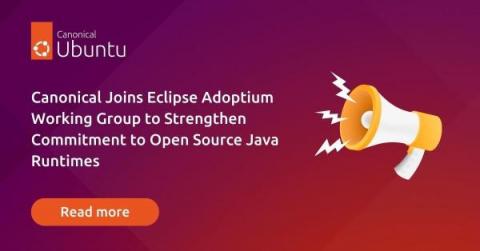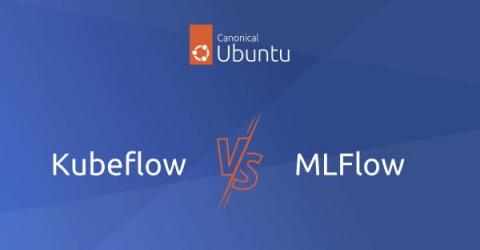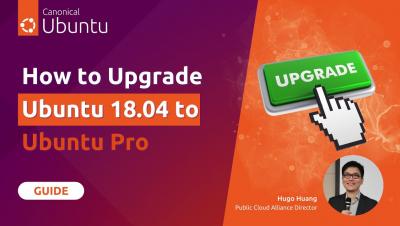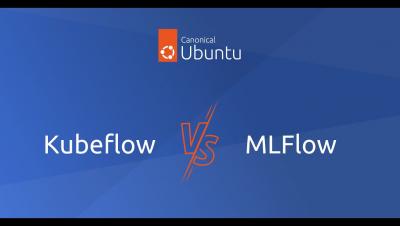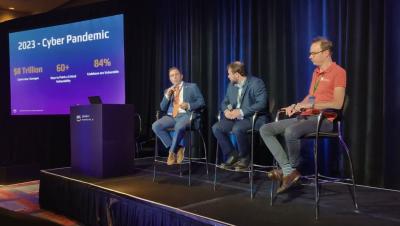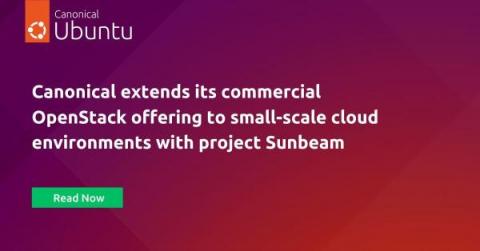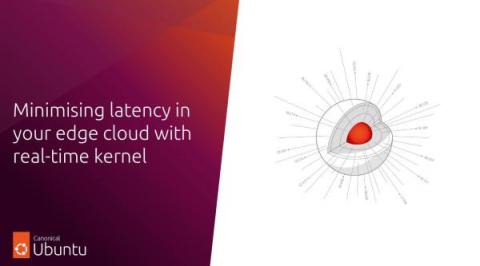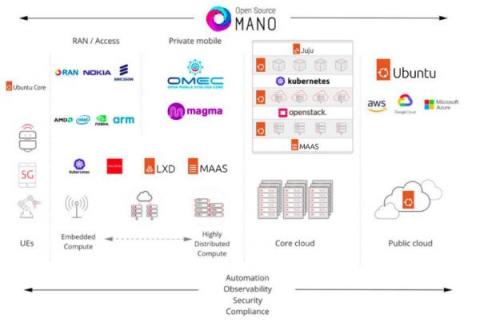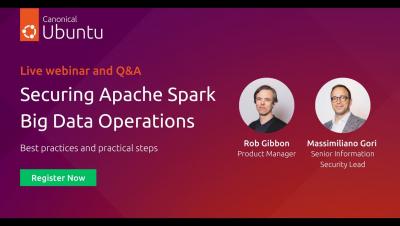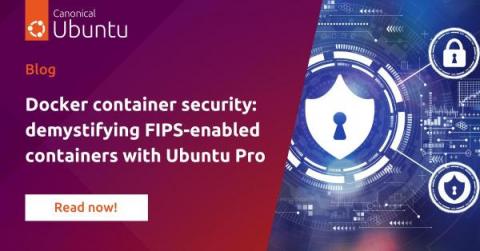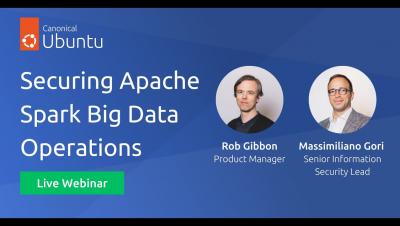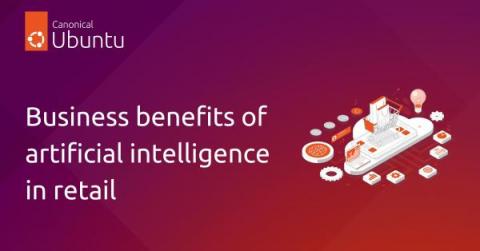Operations | Monitoring | ITSM | DevOps | Cloud
June 2023
Managing security vulnerabilities and compliance for U.S. Government with Ubuntu Pro
The founding moments: Tracing the origins of confidential computing
Strengthen your cloud cyber security with Ubuntu Pro and confidential VMs
Canonical Joins Eclipse Adoptium Working Group to Strengthen Commitment to Open Source Java Runtimes
Kubeflow vs MLFlow: which one to choose?
Adopting a low-ops approach with software operators
Open Source MLOps on AWS
How to Upgrade Ubuntu 18.04 to Pro
Tuning a real-time kernel
Is Linux secure?
Meet Pal. Pal is a senior developer working at PalBank. For the next 6 months, Pal will be responsible for leading the development of the bank’s web application client, which will be used daily by millions of customers.
Security maintenance vs support: what's the difference?
Kubeflow vs MLFlow
Securing open source software with Platform One and Canonical
How we improved testing Ubuntu on WSL - and how you can too!
As the popularity of Windows Subsystem for Linux increases, the Ubuntu development team is committed to delivering a first class experience for Linux developers on Windows. To achieve this we’ve made improvements to our automated testing workflows via the creation of WSL-specific GitHub actions. In this post, Ubuntu WSL engineer Eduard Gómez Escandell talks us through the motivation for this approach and how you can implement these actions for your own CI workflows.
Canonical solutions reduce SmartNIC time-to-market and drive efficiency in enterprise data centres
Data centre efficiency is a central cost factor in enterprise IT environments. So, in the face of rising energy costs and increasingly resource-intensive workloads, it is more important than ever for businesses to seek out greater optimisation. Traditionally, CPUs have been used for the majority of data centre workloads, including network related tasks.
Canonical extends its commercial OpenStack offering to small-scale cloud environments with project Sunbeam
June 13, Vancouver, OpenInfra Summit – Canonical today announced the extension of its commercial OpenStack offering to small-scale cloud environments with a new project Sunbeam. The project is 100% open source and is available free-of-charge. Early adopters can also opt-in for comprehensive security coverage and full commercial support under the Ubuntu Pro + Support subscriptions once they complete the deployment themselves.
Minimising latency in your edge cloud with real-time kernel
From applications in telecommunications to edge cloud and industrial digital twins, experimenting with real-time capabilities in cloud technologies is a trend in the industry. Applications for the edge often have an additional requirement as they interact with real-time systems: they need to run deterministically. It means that time constraints their execution and interaction within the system.
Technical deep-dive into a real-time kernel
Canonical announced the general availability of Ubuntu’s real-time kernel earlier this year. Since then, our community raised several questions regarding the workings of the kernel and tuning guidelines. We aim to provide answers in this and an upcoming follow-up post. Depending on your background knowledge, you may wish to start with the basics of preemption and a real-time system. In that case, this introductory webinar or our blog series on what is real-time Linux, is for you.
Charmed MLFlow Beta is here. Try it out now!
Canonical’s MLOps portfolio is growing with a new machine learning tool. Charmed MLFlow 2.1 is now available in Beta. MLFlow is a crucial component of the open-source MLOps ecosystem. The project announced it had passed 10 million monthly downloads at the end of 2022. With Charmed MLFlow users benefit from a platform where they can easily manage machine learning models and workflows.
How telco companies can reduce 5G infrastructure costs with open source
5G has the potential to revolutionise the telecommunications industry, offering high speed and connectivity for a wide range of devices ranging from radio access networks (RAN), user equipment (UE), and core networks. However, the high costs associated with 5G infrastructure have been a significant blocker for adoption, hindering innovation and growth in this area. This blog discusses the primary challenges faced in the telecom industry and how open source technologies are helping to resolve them.
A holistic approach to securing Spark-based data engineering
Docker container security: demystifying FIPS-enabled containers with Ubuntu Pro
In today’s rapidly changing digital environment, the significance of robust Docker container security measures cannot be overstated. Even the containerised layer is subject to compliance standards, which raise security concerns and compliance requirements. Docker container security measures entail safeguarding our lightweight, appliance-type containers –each encapsulating code and its dependencies– from threats and vulnerabilities.
Canonical & Ampere: Building Sustainable, Power-efficient Computing Solutions Together
Securing Apache Spark Big Data Operations
Business benefits of artificial intelligence in retail
The retail industry is going through a period of major upheaval. AI is transforming the landscape at a rapid pace. Grand View Research evaluated the market value at USD 5.79 billion in 2021 and this is expected to grow at a 23.9% compound annual growth rate (CAGR) from 2022 to 2030. For retailers, this translates into a need to adapt to an entirely new paradigm of customer expectations.






